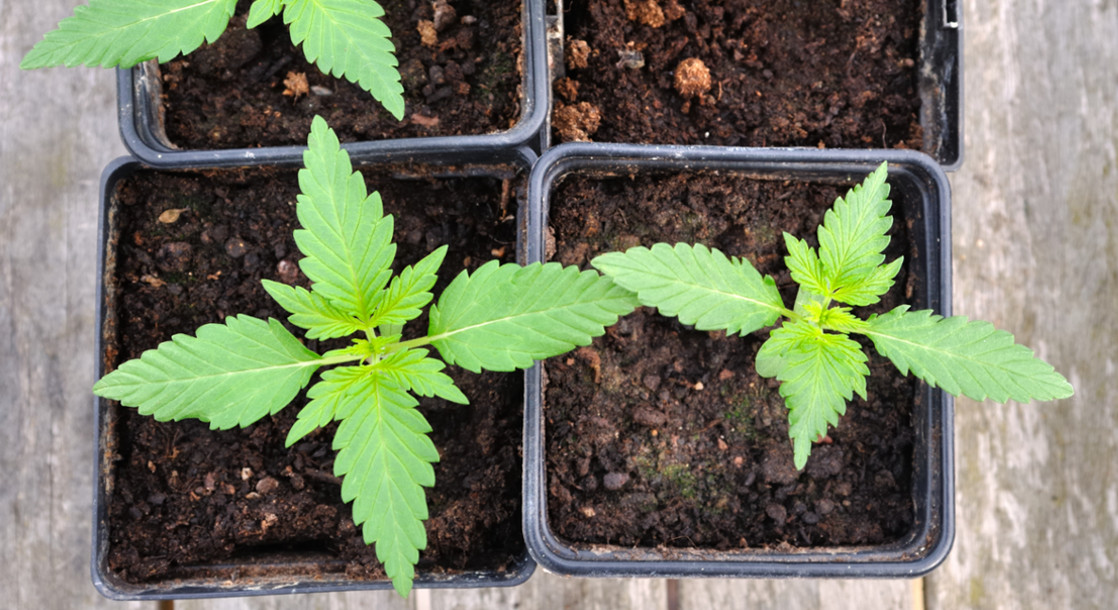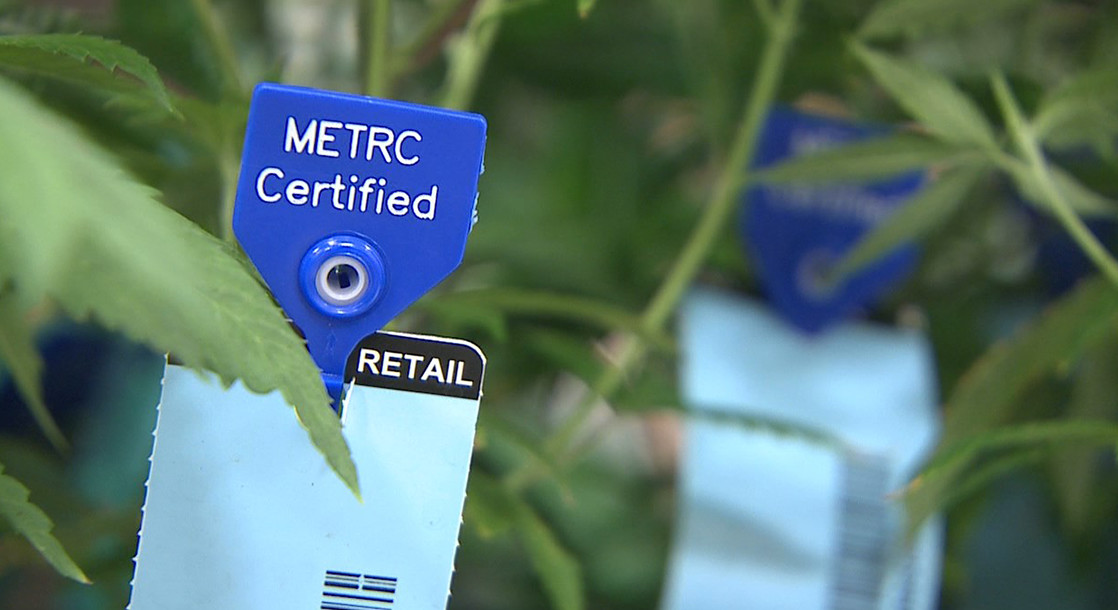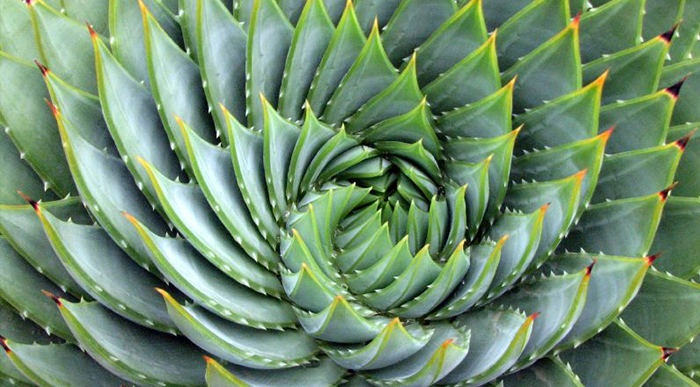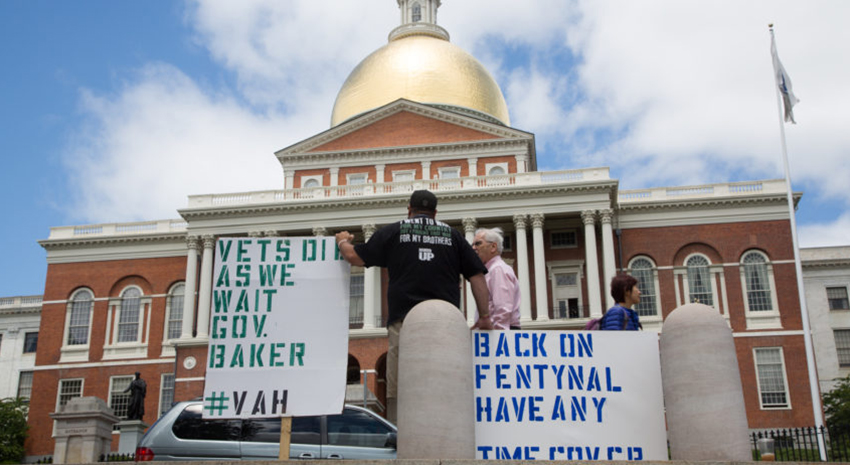Israel has a global reputation for being one of the most cannabis-forward countries in the world, having pioneered research in medical marijuana since the 1960s. Yet despite the country's advancements in cannabis science and medicine, its policy for non-medical marijuana consumers is surprisingly conservative.
In the spring, the Israeli Knesset, or parliament, announced what was ultimately a shoddy "decriminalization" policy, under which personal use is still illegal and enough to land you in jail, should you have committed a prior violation or been caught four times. And the smell of weed alone would still be license for law enforcement to search your home.
Recently, however, an internal police order was leaked, indicating a policy shift that would distinguish between "personal use" and "commercial use" among people growing cannabis in their residences.
Cannabis, Israel's largest 420-friendly media conglomerate, originally broke the story. Editor-in-chief Oren Lebovitch — also chairman of Ale Yarok (Green Leaf), Israel's legalization party — uncovered the internal memo issued over the summer by the ‘police prosecution department,’ stating that growing small quantities of cannabis at home for private consumption would be treated as a minor violation of "personal use," instead of as a more serious violation like "growing a dangerous drug" or "possession not for personal use." Currently, Israelis who grow cannabis at home are suspected of possession not for personal use, no matter whether they have an entire garden or a single plant.
The directive is meant to clarify Israeli law enforcement's stance on classifying cases of residential cannabis grows, and allow police to focus instead on dealers and distributors, rather than regular, everyday consumers — of which Israel has many. Around 27 percent of the population between the ages of 18 and 65 has consumed cannabis in the past year.
"Since 2015, we have seen that the Israeli courts are aligning themselves with reality, and have begun imposing lighter sentences against Israelis caught growing cannabis at home for their own use," Lebovitch tells MERRY JANE. "This approach is now joined by the police, according to the new secret internal document that we have uncovered. It appears that the professional elements in the country — the judiciary and the executive branches — understand that cannabis consumers are not criminals, while the legislature, the Israeli parliament (Knesset) still lags behind."
What Lebovitch calls the "half-decriminalization reform" was supposed to go into effect eight months ago, but the Israeli public has still seen no real change. This specific internal police order, however, which was not meant to be public knowledge, could perhaps be interpreted as a more sincere gesture. "It seems that they are starting to understand that someone who grows a cannabis plant or two on his or her porch is not a criminal," says Lebovitch."This is certainly news of tremendous legal significance. Unfortunately, this does not mean that the police are now directing their efforts to [more] serious crimes, but only that the police prosecution will not file indictments for such offenses, or that it will only require light sentences."
Nonetheless, he says it's a welcome step in the right direction toward more legitimate decriminalization or legalization policies, as seen in Canada and certain American states.
Gil Luxenbourg, former chairman of the Israel Medical Cannabis Association and CTO of IsItWeed Rolling Papers, is a little more skeptical. Now that the leak is set to make headlines, it'll surely be swindled into another PR stunt, he says, like Israel's decriminalization policy back in the spring. Cultivation is still a criminal offense and the law itself hasn't changed, Luxenbourg reminds us.
"Just last month a grow shop owner was arrested for allegedly importing materials for drug production — because of importing a routine shipment of grow boxes, as they have been for years without any problems," he says. "So in fact, we see the police targeting home grow operations and prosecution is still same as it has always been — a criminal prosecution over production of an illegal drug in a drug lab (cultivation under grow lights is considered a drug production lab), regardless of the personal use issue." Only if the courts make a definitive ruling permitting cannabis cultivation, followed by legislative reform, will there be actual cannabis policy change in Israel, Luxenbourg says. "For now, it is more of the PR stunts we have seen in the past with a large smokescreen hiding the reality."
Currently the maximum sentence for cultivating cannabis is 20 years behind bars; meanwhile, the maximum sentence for personal use is only three years, though most people caught with very small qualities aren’t punished for a first-time offense.
The internal order outlines just how common home grows of cannabis have become: “In recent years, we have witnessed a non-negligible increase in the number of suspects involved in committing the offense of growing the dangerous drug cannabis in limited quantities, with no sophisticated means of cultivation, in planters on their porch or yard, who until this slip were considered normative citizens…On the other hand, there has been a significant increase in the number of suspects growing cannabis in significant quantities, with advanced planning, including the purchase of specialty items (such as fertilizer, chemicals, drip irrigation equipment, special lamps, etc), or who were renting apartments/houses solely for this purpose."
Thus, now there's more direction for Israeli police on differentiating between these two kinds of cases, such as the number of plants and the kind of setup involved. Going forward, it remains to be seen how many cannabis users in Israel will ultimately benefit from this reform.











